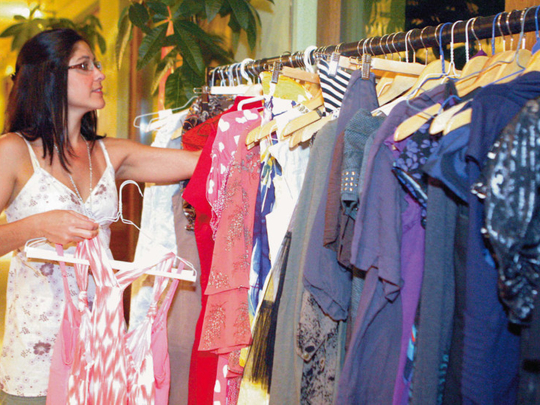
Everyone loves a bargain - we would be lying if we said we didn’t. The latest numbers show the population of the UAE is 9.6 million, and that of Saudi Arabia is 33.7 million.
How many of those 43.3 million people don’t want to pay less for everything? We’d say around zero. But sometimes – especially when it comes to Amazon, the price is low – but the real cost is high.
OK, let’s first give Amazon the credit is deserves. It is one of the largest companies in the world, worth around $1.5 trillion. Thanks to fast shipping, free returns, low prices and their Prime subscription, it has become a consumer favourite.
People would have lost count of the number of items they have bought from Amazon. Two years ago, Amazon took over Souq, and a year ago rebranded it Amazon in the UAE, and, more recently,to Amazon in Saudi Arabia.
You can see why Amazon is so interested in this part of the world. By 2025, the local retail market is expected to be worth $400 billion, with around $100 billion coming from ecommerce.
It is a big, big prize, and worth fighting for.
Check these prices
But how fair is this fight? Here’s some research on what really matters. Here are three examples: A MAC Matte Lipstick would cost you Dh95 in UAE shops, but AED84.65 if you ordered on Amazon Global. That’s 11 per cent less. A Kerastase hair oil that sells for Dh201 in the shops can be delivered to your home for Dh161.2 – that’s 20 per cent less. And a SanDisk memory card that sells for Dh249 can be delivered to you for Dh202.4 – a saving of 19 per cent.
But before you jump online and start ordering everything you want, it is worth thinking what all this means for retailers, especially the smaller ones. What does it mean for entrepreneurs?
It is worth remembering that the items coming from Amazon Global don’t have to adhere to local manufacturing standards. They are often not customized for the local Arabic market. And often they are out-of-season stock that the big international brands cannot sell in their core markets.
However, even if you are fine with that, there is only one outcome for local retailers: failure. Our local start-ups that have put their life savings into starting their own businesses simply cannot compete with Amazon and will have to close.
Not isolated instances
As has happened in many other countries that Amazon has entered. Even the bigger players now face a serious threat to their futures.
For the retail markets to survive, better regulation is needed. Yes, we all want lower prices and we all want to see more competition. But ultimately this comes down to jobs.
Manufacturers, retailers and regulators need to come together, and work together, or in the next few years thousands of local jobs will be at risk.
Of course, there is a place for Amazon in the Arab world. And of course we should have freedom of choice to buy what we want at the price we want. But we need to also protect our jobs, so we have the money to buy what we want.
- Mohamad Itani is Managing Partner at Repec Inversiones.








